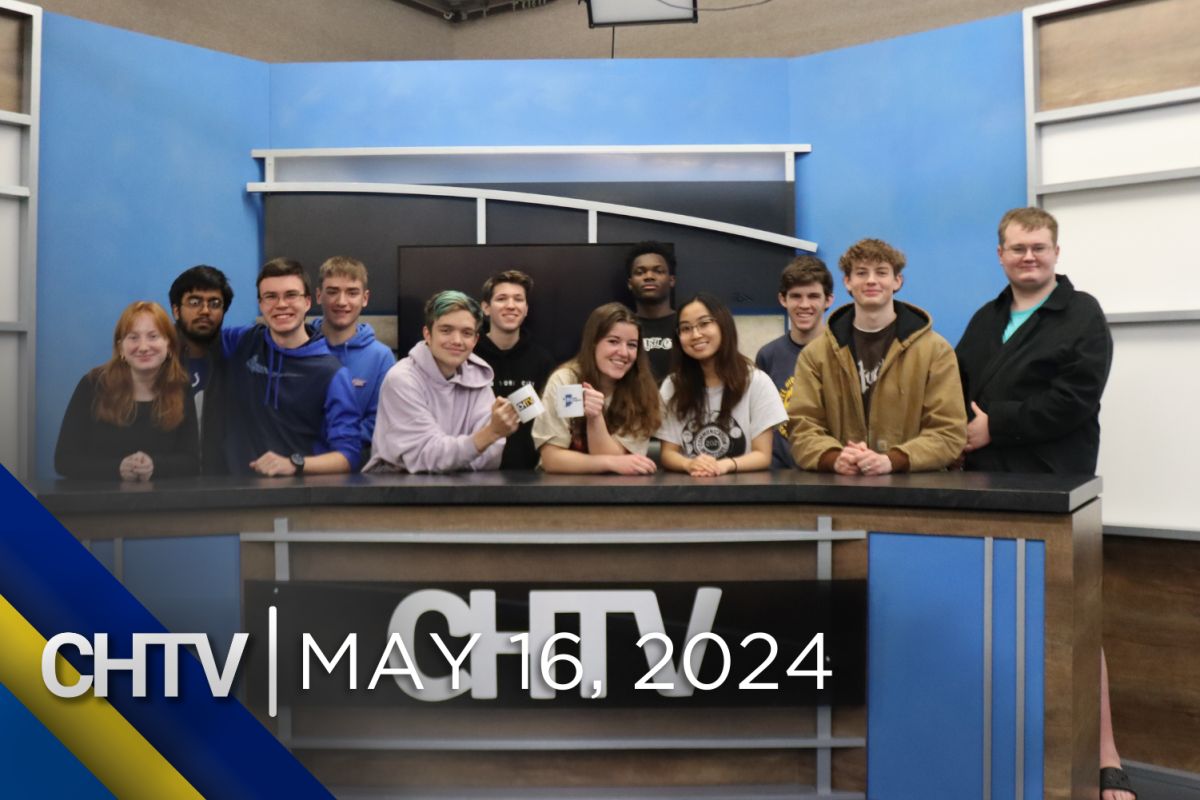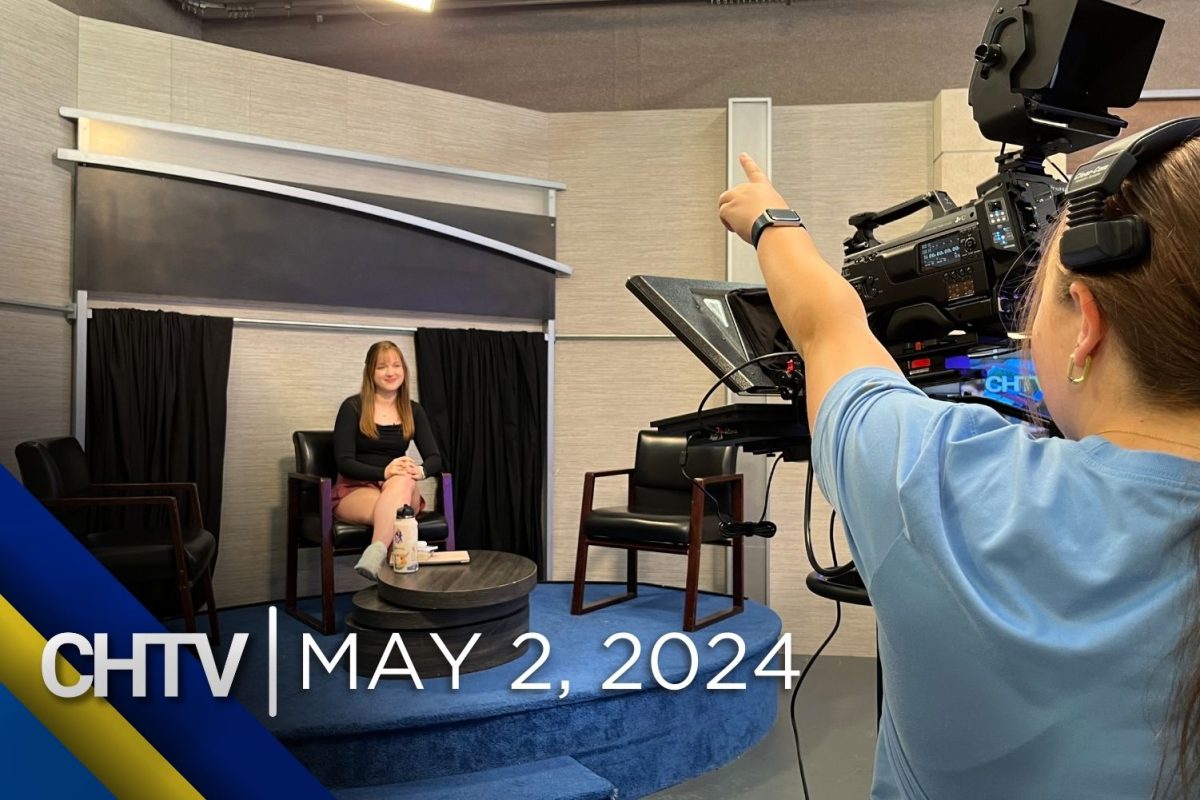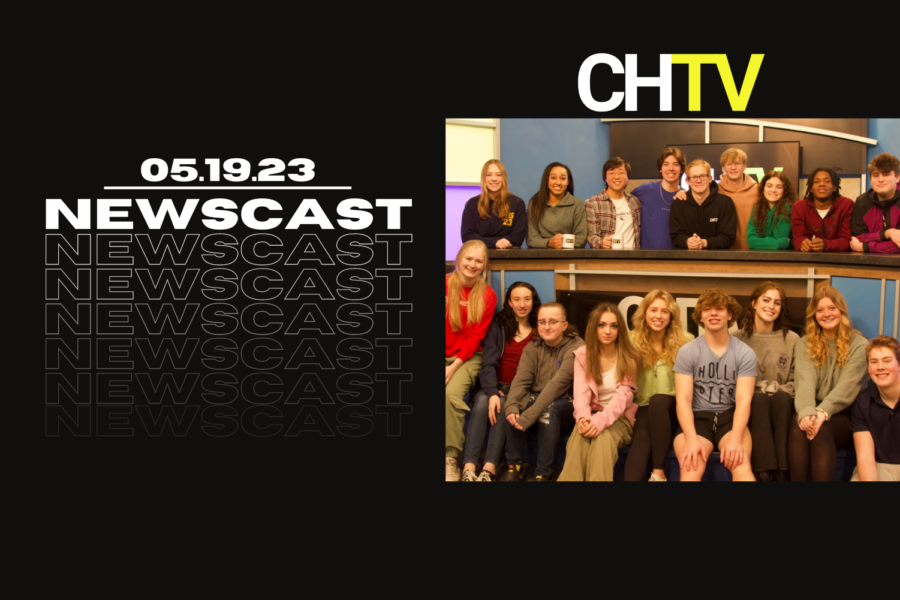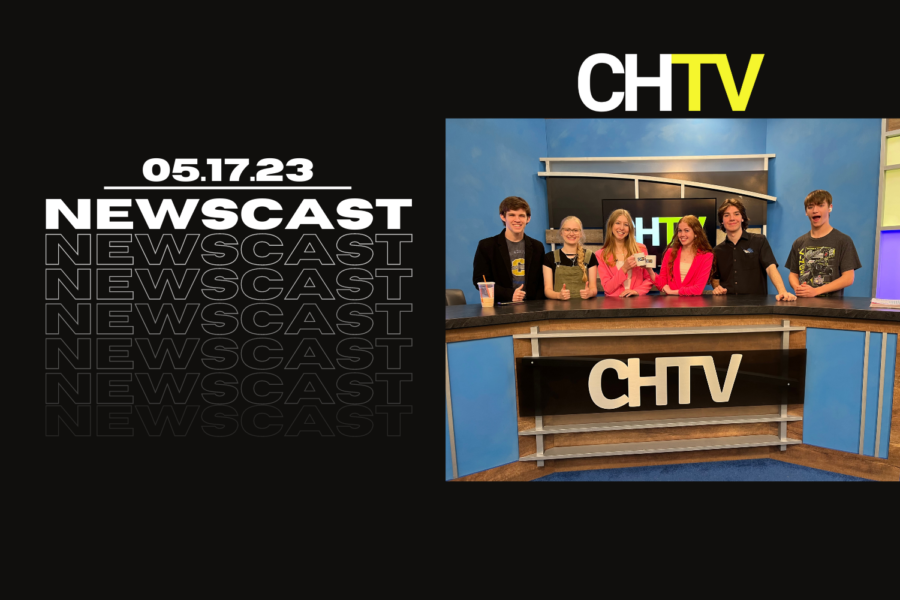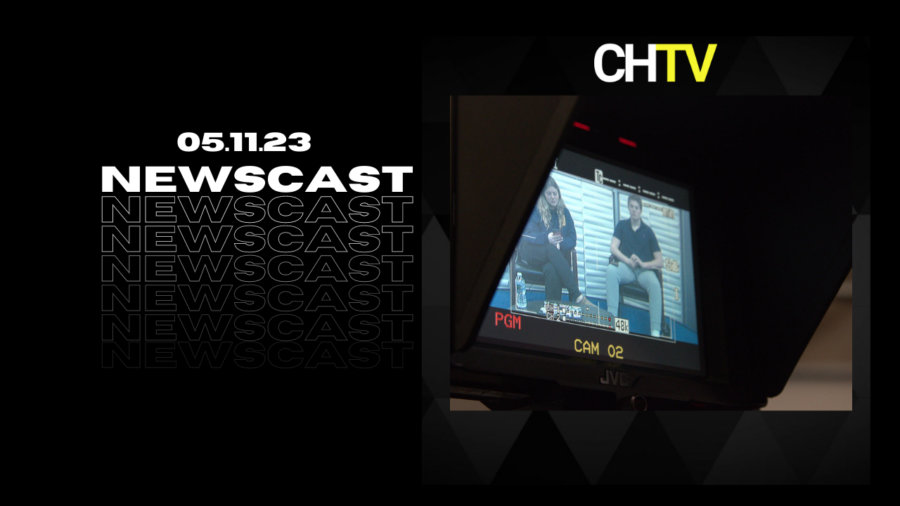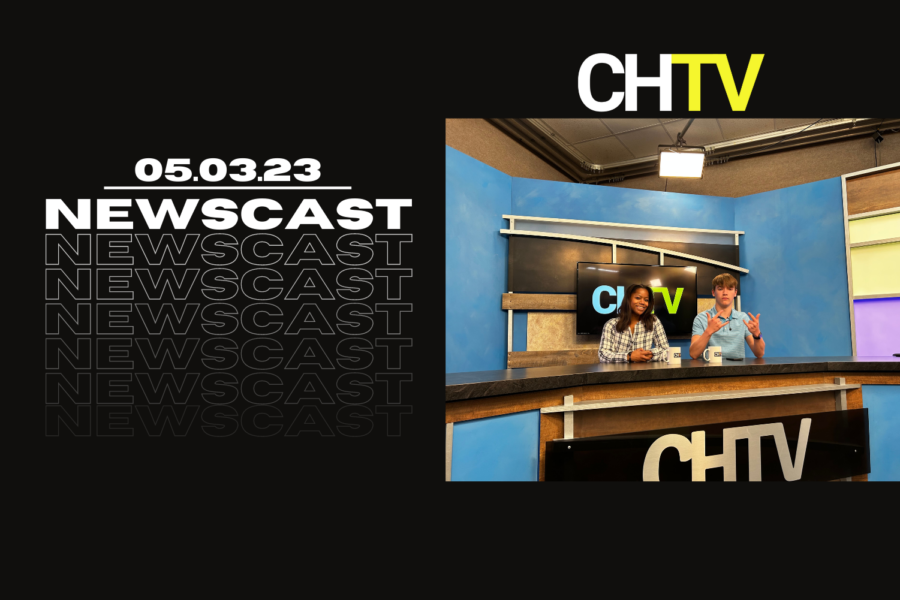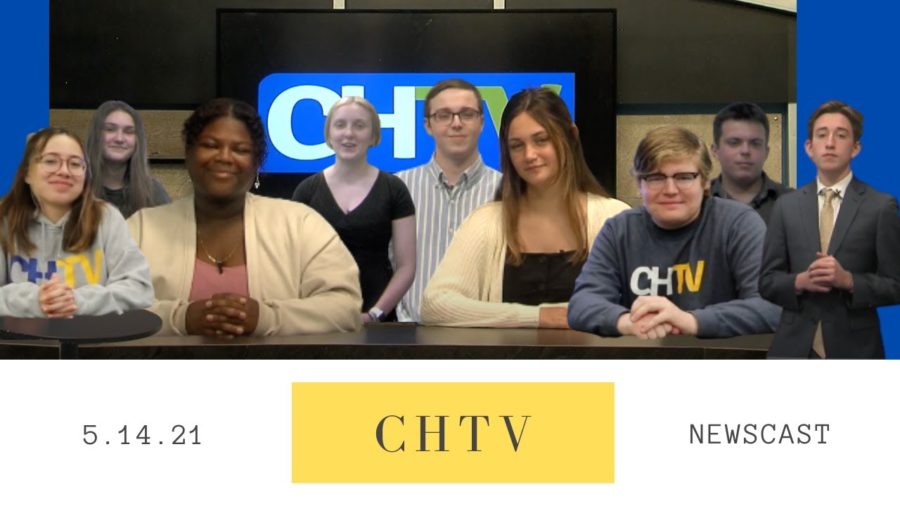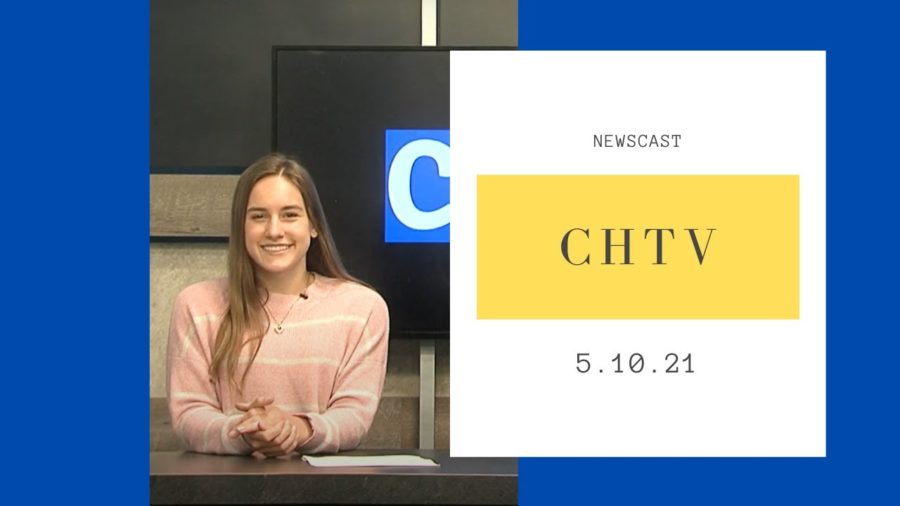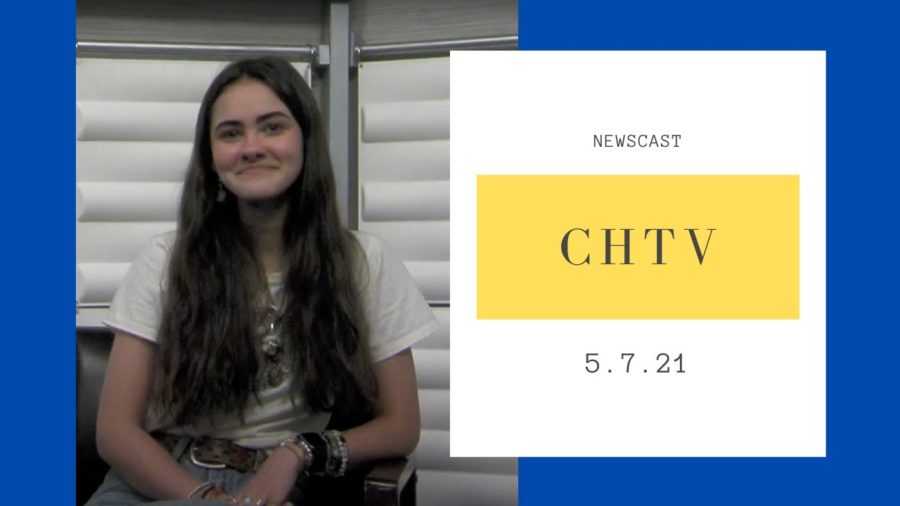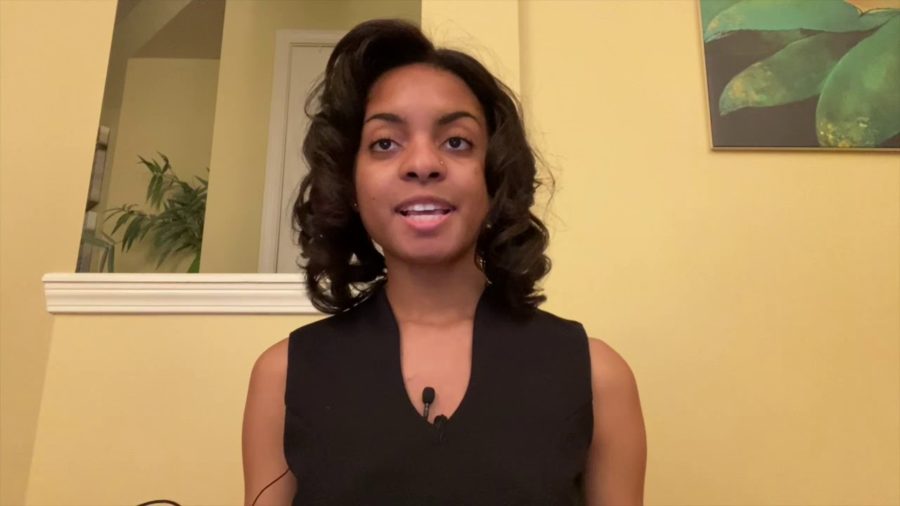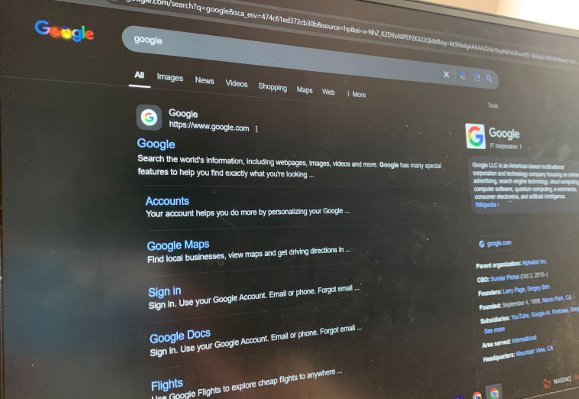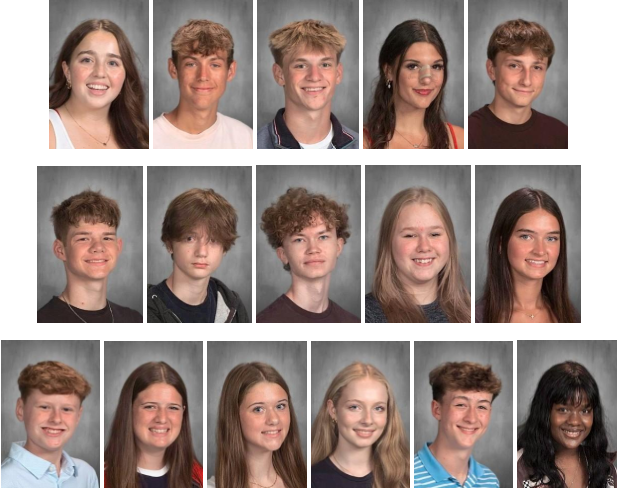Every second, there are thousands of people searching on Google. Google is the most popular search engine in the world, and there’s no doubt that it can provide accurate results in mere mili-seconds.
However, the way it presents these results is becoming somewhat complicated and troublesome. Does Google really have the user’s best interests in mind? Are they making sure companies achieve the best optimized search results? These are just some of the questions raised by multiple SEOs (Search Engine Optimizers) and search engine users around the world. New technological developments in Artificial Intelligence (AI) and web advertising can lead to better, more informative summaries and compiled results. Even so, not everyone considers Google’s changes as beneficial.
The Google search engine has taken a bigger turn towards combining organic search results and artificial ad information within the search page instead of maintaining the separation it had kept previously. Companies and Search Engine Optimizers, or “SEOs”, have found that the search engine results page is becoming more cluttered and ads are indistinguishable from organic content. Currently, the Google search engine appears to have been impacted by advertising and artificial intelligence configurations, which will most likely be expanded upon in future updates.
With all the technology between AI and advertising developments, this can lead to more clutter and more inaccurate results. Many companies and SEOs now are finding that they can leverage these tools to give them more promotion from the search engine. Kelvin Newman, Founder of Rough Agenda, a specialist digital marketing events planner, provided his thoughts on the subject, stating “Google’s dominance as a search engine provided a vast audience for AdWords ads” (Newman). Newman is very clear that Google wanted to profit by allowing more ads in their networks and this provided a larger audience for advertisers who wanted to market based off of users, knowing that they would pay for search terms to be used.






















